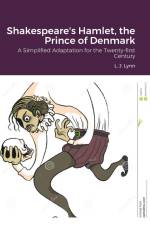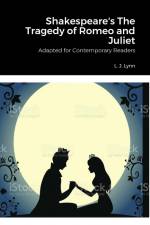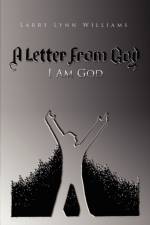von Larry Lynn
41,98 €
More than 400 years ago, William Shakespeare dramatized a story of love that in many forms had been told before and many more times had been depicted later. It is the kind of story that lives eternally in the minds and hearts of youth and diehard romanticists. Take the language out and change the scene, you have West Side Story. Keep the language in and add the forbidden female roles to film, you have Franco Zeffirelli's 1968 version with Leonard Whiting and Olivia Hussey. Keep the language but change the venue with modernized weaponry, you have the Baz Luhrmann version in 1996 with Leonardo DiCaprio and Claire Danes portraying the star-crossed lovers. What more could be done? The Elizabethan language had its beauty of descriptive, figurative language replete with metaphors, similes, and aethereal allusions. The language left the viewer, whether a common groundling at the edge of the stage or a sophisticated noble ensconced in the more expensive upper tiers, dumbfounded with adulation for the actors who expressed their varied emotions with lengthy harangues, vicious diatribes, and mangled metaphysical conceits perpetrated centuries before their time. For most, it may have been like listening to an un-orchestrated opera in which the actors performed their parts so well that their actions conveyed the message better than the words, which, as if in a foreign language, offered no insight into the meaning of whatever it was that was really going on. Enter a new rendition to parallel the original. Change the language and keep the feelings, the emotions, the passion, and the rhythm and rhyme as it was intended. Give the modern ear what it understands in a language it recognizes. Juliet is intelligent and coy, like her readers and contemporary viewers, who understand her feelings because they have them as well. Shouldn't they also understand her words?What boy, without a degree in language arts, etymology, and syntactical grammar construction, wooing his beloved, would know how to respond to Juliet's query on the balcony when she discovers someone lurking in the garden below: What man art thou that thus bescreen'd in night so stumblest on my counsel? She really wants to know: Who's there? This rendition puts it that way, simply, to the point, and with the wry attempts at humor that Shakespeare so deftly imposed upon his audience.



